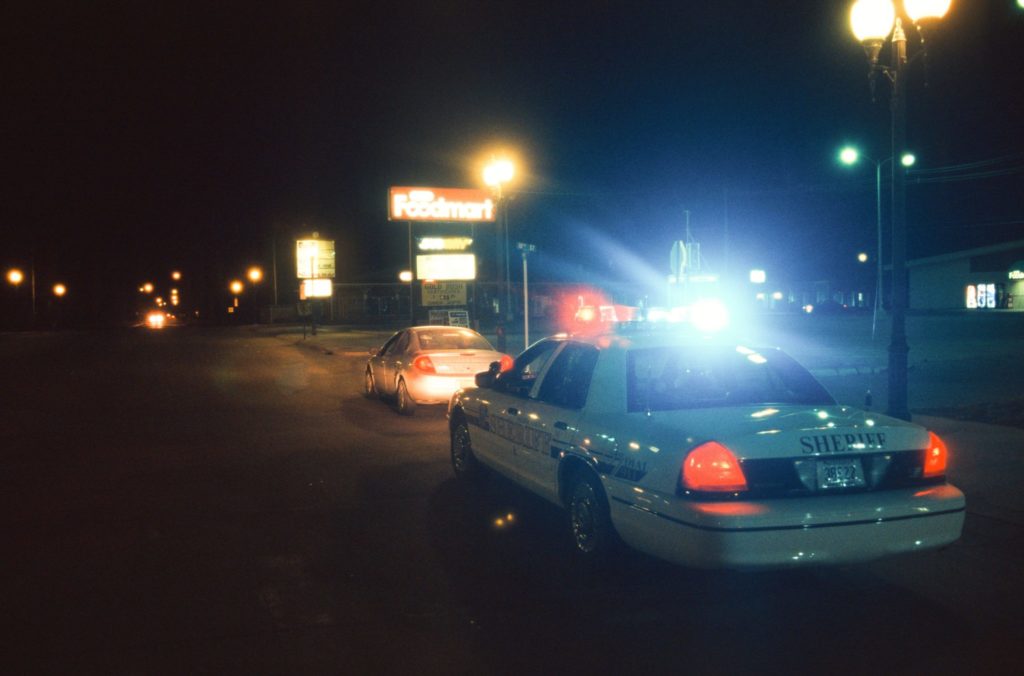Last Updated on February 9, 2022 by Keith E. McAndrews, Esquire

A Pennsylvania lawmaker is proposing significant changes to the state’s existing driving under the influence (DUI) laws. The proposed law, known as “Deana’s Law,” is named after a Delaware County, Pennsylvania woman who died in a vehicle crash involving a repeat DUI offender in February 2019. Pennsylvania State Senator Tom Killion is sponsoring the proposed legislation. The law would increase penalties, fines and prison time for individuals convicted of repeat DUI offenses in Pennsylvania.
Highlights of the Proposed DUI Law
- Changes the grading of a 3rd offense high rate (0.10% to less than 0.16% blood alcohol content (BAC)) DUI to a felony of the 3rd degree
- Changes the grading of a 4th offense highest rate (0.16% BAC or higher), refusal or controlled substance DUI to a felony of the 2nd degree
- Changes the grading of a 5th offense highest rate BAC, refusal or controlled substance DUI to a felony of the 1st degree
- Requires that individuals placed on parole for a 3rd or subsequent DUI wear a continuous alcohol monitoring device for 1 year or for the duration of parole, whichever is less
- Requires that individuals placed on probation for a 3rd or subsequent DUI wear a continuous alcohol monitoring device for 1 year or for the duration of the probation, whichever is less
Increased Jail Time for Repeat DUI Offenders
The proposed law would significantly increase the maximum jail time for those convicted of a 4th offense highest rate BAC, refusal or controlled substance DUI offense from 7 years to 10 years. In addition, the legislation would increase the maximum jail sentence for a 5th offense highest rate BAC, refusal or a controlled substance DUI from 7 years to 20 years. Current DUI penalties can be found in the Pennsylvania DUI Penalties section of this website.
Mandatory Consecutive Sentences for Drivers with Multiple DUI Convictions
Individuals convicted of a 3rd or subsequent DUI offense must serve any sentence imposed by the court as a result of the current DUI consecutive to any other sentence the person is serving and consecutive to any other court-imposed sentence.
Continuous Alcohol Monitoring for Repeat DUI Offenders
Additionally, the bill would also require individuals with 2 or more previous DUI convictions to wear a continuous alcohol monitoring device (CAM device) for 1 year or the duration of their parole, whichever is less. This requirement would apply to any person currently serving a sentence for DUI.
What is a CAM Device?
A CAM device is a continuous alcohol monitoring tool that:
- Is attached the person’s body; and
- Is programmed to automatically test the alcohol content in a person by contact with the skin; and
- Detects the presence of alcohol in the person’s system; and
- Detects attempts to tamper, obstruct or remove the CAM device.
According to a news release from Senator Killion’s office, the alcohol monitoring device will sample and test the individual’s perspiration to detect the presence of alcohol. The results of the testing are relayed to a “base station” in the device wearer’s home. Periodically, the monitoring agency receives the test results. In most cases, the monitoring agency is the county probation and parole department.
Automatic Vehicle Impoundment for Drivers Charged with a 3rd DUI
The proposed law would require that the arresting law enforcement officer impound the vehicle of any individual charged with a 3rd or subsequent DUI charge. The impoundment will last for a minimum of 12 hours and the police will release the vehicle only under the following conditions:
- The individual claiming the vehicle can provide the police with proof of ownership in addition to a valid driver’s license, vehicle registration and vehicle insurance; and
- The individual claiming the vehicle is not under the influence of alcohol or a controlled substance and is otherwise able to operate the vehicle in a safe matter; and
- The individual claiming the vehicle meets any other conditions for release that the police establish.
Changes to the Ignition Interlock License Requirements
The proposed legislation would prohibit individuals convicted of a 3rd or subsequent DUI offense from receiving an unrestricted license for 2 years from the date of the issuance of the offender’s ignition interlock limited license. Under the current law, individuals convicted of a 3rd or subsequent DUI are eligible for an unrestricted driver’s license 1 year from the date of the issuance of their ignition interlock restricted license. The current ignition interlock license requirements can be found in the Pennsylvania Ignition Interlock License section of this website.
Senator Killion’s bill has been presented to the Pennsylvania State Senate Committee for consideration.
Contact an Experienced Bucks County DUI Attorney
If you have been charged with DUI in Bucks County, Montgomery County or the surrounding counties, it is critical to act quickly to protect your rights and build the strongest possible defense against the charges. I have over a decade of experience providing skilled and aggressive representation to individuals charged with DUI. Phone lines are open 24 hours a day at (215) 752-5282. Appointments are available after business hours and on weekends. Call today for a free initial consultation or fill out the confidential contact form for an immediate response.




